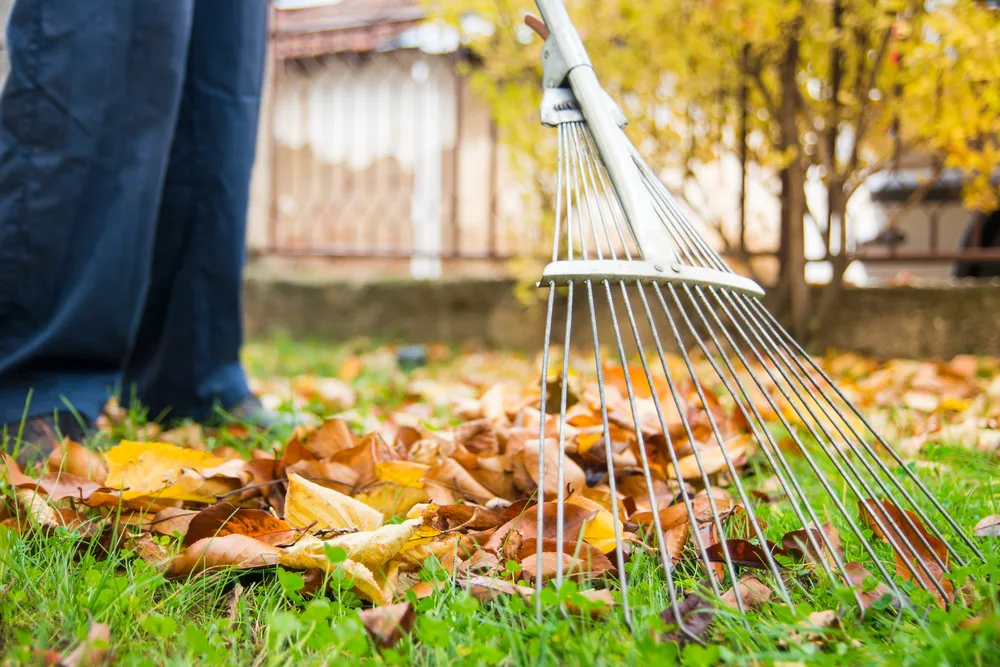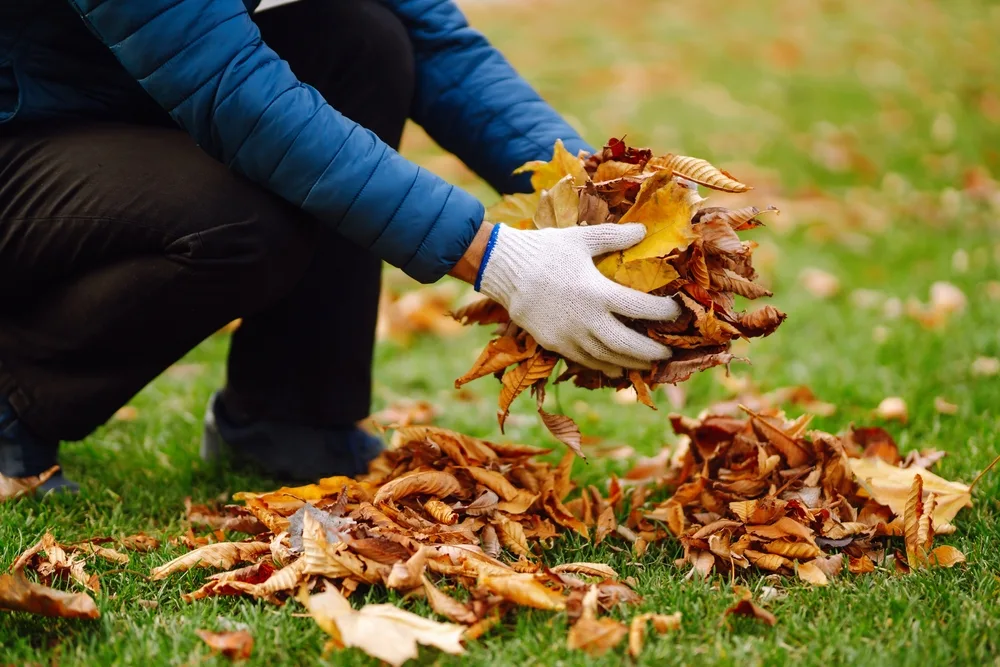Gardening enthusiasts often find themselves bombarded with tasks during autumn, including dealing with the abundance of fallen leaves.
The significance of what to do with these fallen leaves is more than just a matter of tidiness; it’s a decision that can impact the health and productivity of your garden.

Understanding why collecting fallen leaves is crucial can pave the way for a more flourishing garden environment.
This article outlines essential reasons to gather these leaves, each highlighting a unique benefit that would otherwise be overlooked.
1. Improve Soil Fertility
Fallen leaves make excellent compost material. When collected and composted, they decompose into organic matter, enhancing soil quality. This process returns vital nutrients to the earth, increasing soil fertility and aiding plant growth.
2. Enhance Soil Structure
Composted leaves improve soil structure by enhancing its texture. The organic matter from decomposed leaves creates a well-aerated soil environment essential for root development and overall plant health.
3. Provide Winter Protection
Collected leaves can serve as mulch, offering excellent protection for perennials during harsh winter. This mulch layer insulates the soil, regulating temperature and moisture levels, thus shielding plants from extreme weather.
4. Weed Control
Covering garden beds with a layer of collected leaves naturally suppresses weed growth. The leaves act as a barrier, blocking sunlight from reaching weed seeds and reducing their germination and growth.
5. Promote Biodiversity

Leaf litter provides a habitat for beneficial organisms like earthworms and helpful insects. These creatures play a vital role in maintaining a healthy garden ecosystem by aiding in decomposition and nutrient cycling.
6. Environmental Benefits
Collecting and using fallen leaves decreases the amount of organic waste going to landfills. This practice helps reduce greenhouse gas emissions, promoting a more sustainable and eco-friendly gardening approach.
Investing time in collecting and utilizing your fallen leaves offers numerous benefits that extend far beyond mere aesthetics.
By understanding and implementing these practices, you contribute significantly to the health and sustainability of your garden and the environment.
